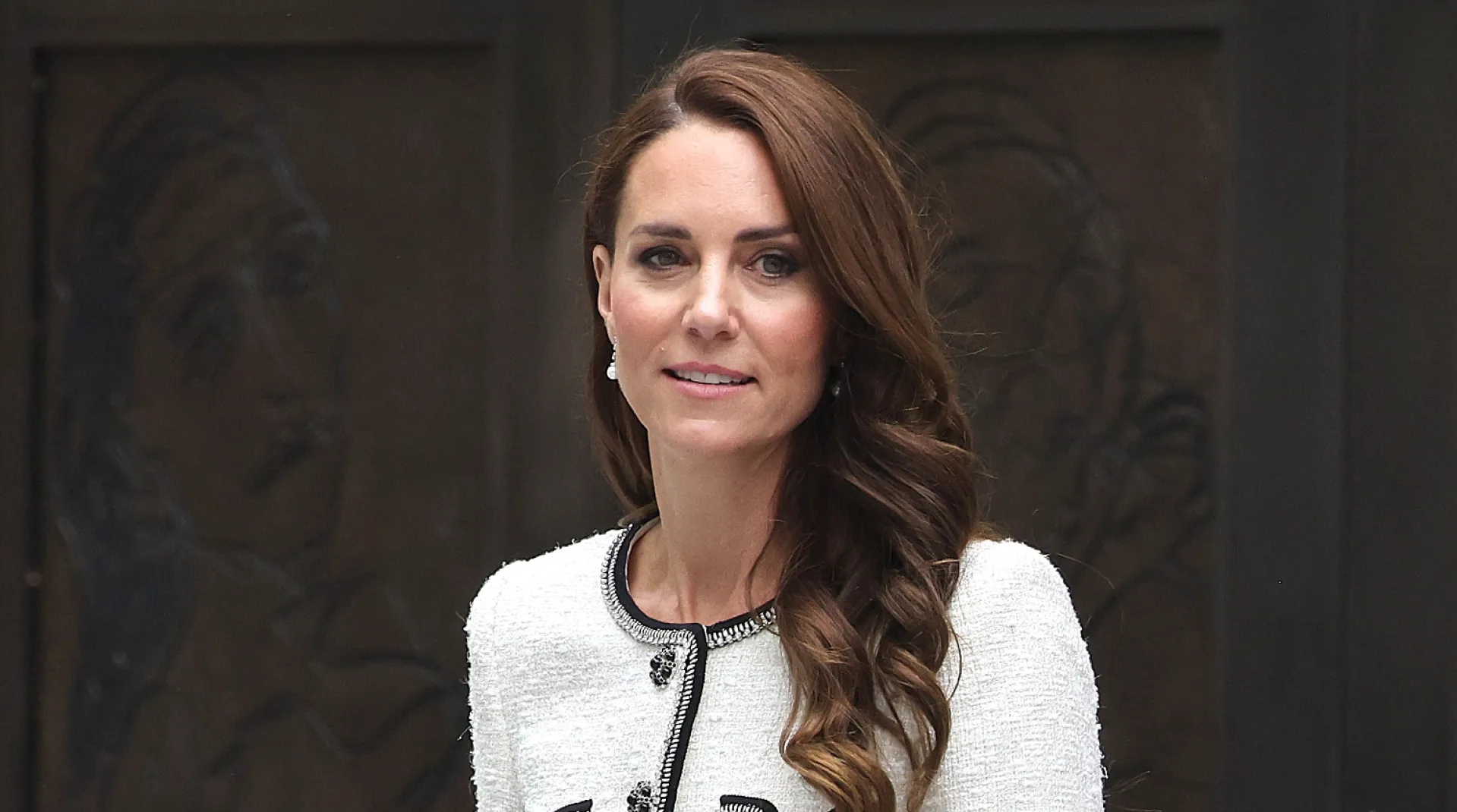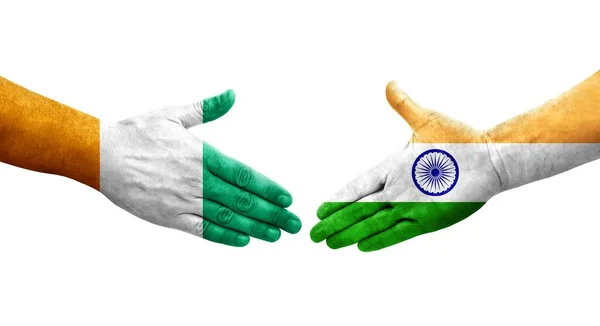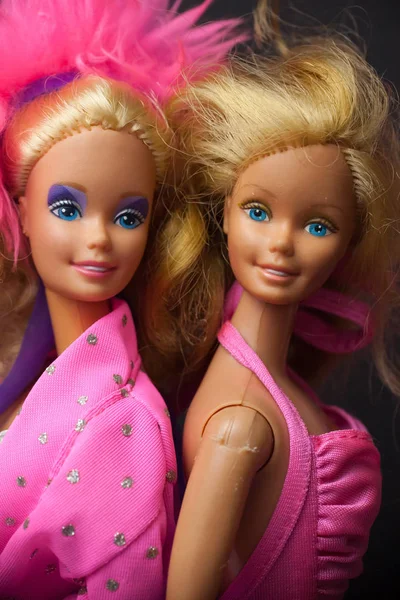When Memes Become the Mood Ring of the Economy

In recent weeks, the internet has turned everything from Lady Gaga’s chart return to knee-high Converse sneakers into signs of an impending recession. Social media users are treating nostalgia and frugality as unofficial economic indicators, reviving trends that evoke the 2008 financial crisis. While these signals are mostly humorous, they hint at deeper public unease over the economy.
Technically, a recession hasn’t hit. But for many online, that’s beside the point. The barrage of recession-related memes reveals an underlying discomfort as the nation navigates trade disputes, inflation concerns, and financial instability. For these users, laughter is a shield against looming economic uncertainty.
Behind the jokes is genuine fear. The last major recession saw over half of American families lose a significant portion of their wealth. Today, with consumer confidence waning and markets shaky, people are once again bracing for impact. Humor provides a brief but necessary escape from the weight of those realities.
This type of online levity is not new. Memes have previously emerged in response to traumatic or controversial events. Whether it’s jabs at healthcare executives or mockery around immigration crackdowns, humor continues to serve as a digital coping mechanism. It helps people articulate anxieties that are otherwise hard to express.
According to sociology professor Dustin Kidd, the harsher the situation, the more people use comedy to process it. TV shows like SNL and Maude have long explored serious societal issues through laughter. Now, social media acts as the same outlet, offering comfort through relatable jokes and viral content.
However, humor can be a sign of helplessness. Kidd himself admitted to feeling powerless over issues like stock volatility and tariffs, even after contacting lawmakers. When solutions seem out of reach, memes become a release valve. They allow people to feel seen and less alone, if only for a moment.
In past financial downturns, late-night comedians and sitcoms reflected public angst in scripted performances. Today’s meme culture democratizes that commentary, letting everyone join the conversation. But this constant stream of jokes may actually influence public sentiment, potentially reinforcing economic pessimism.
That shared mood could accelerate real economic consequences. People who fear a downturn may reduce spending, triggering the very slump they feared. Humor, then, acts like both thermometer and thermostat — measuring and possibly affecting the national psyche.
What's Your Reaction?






















